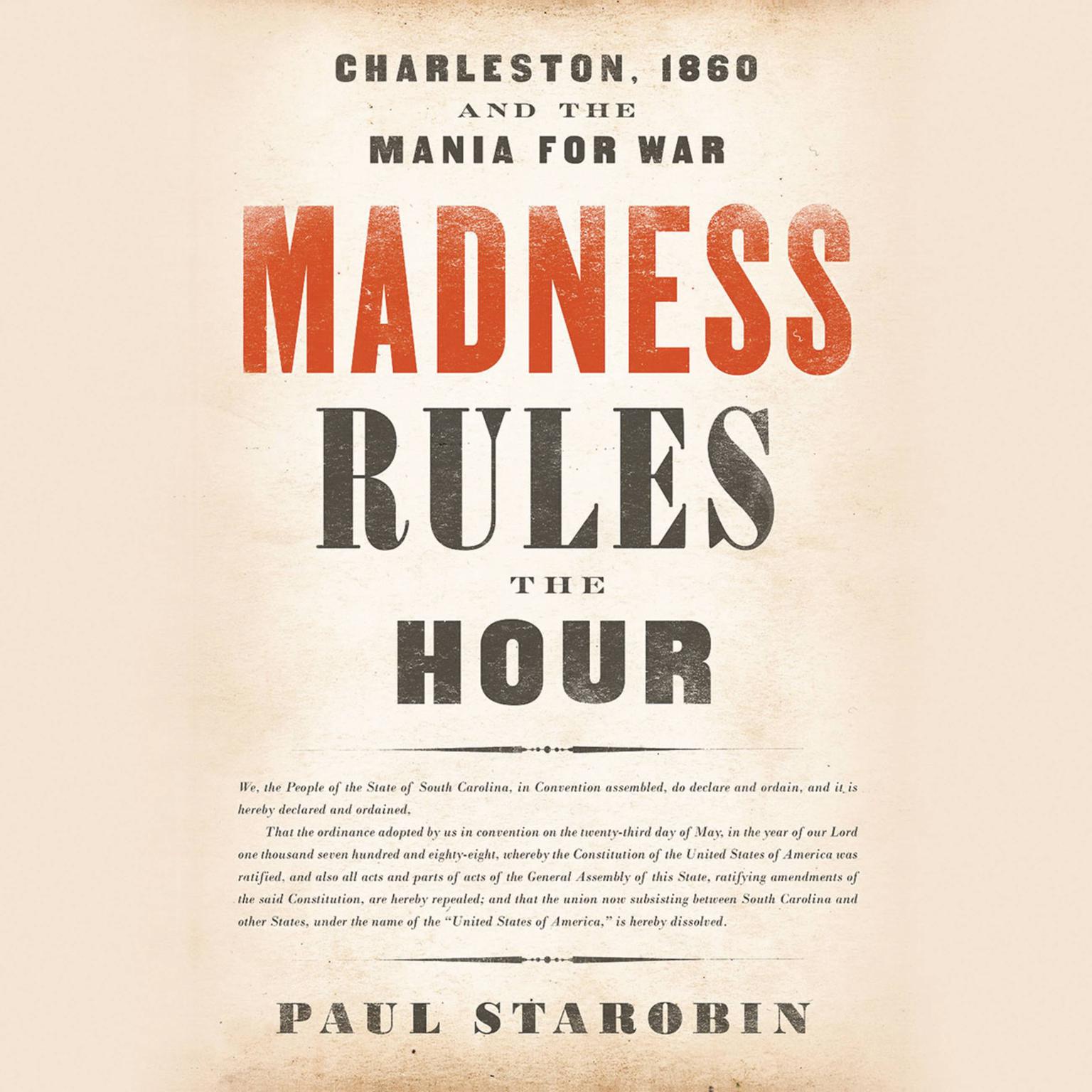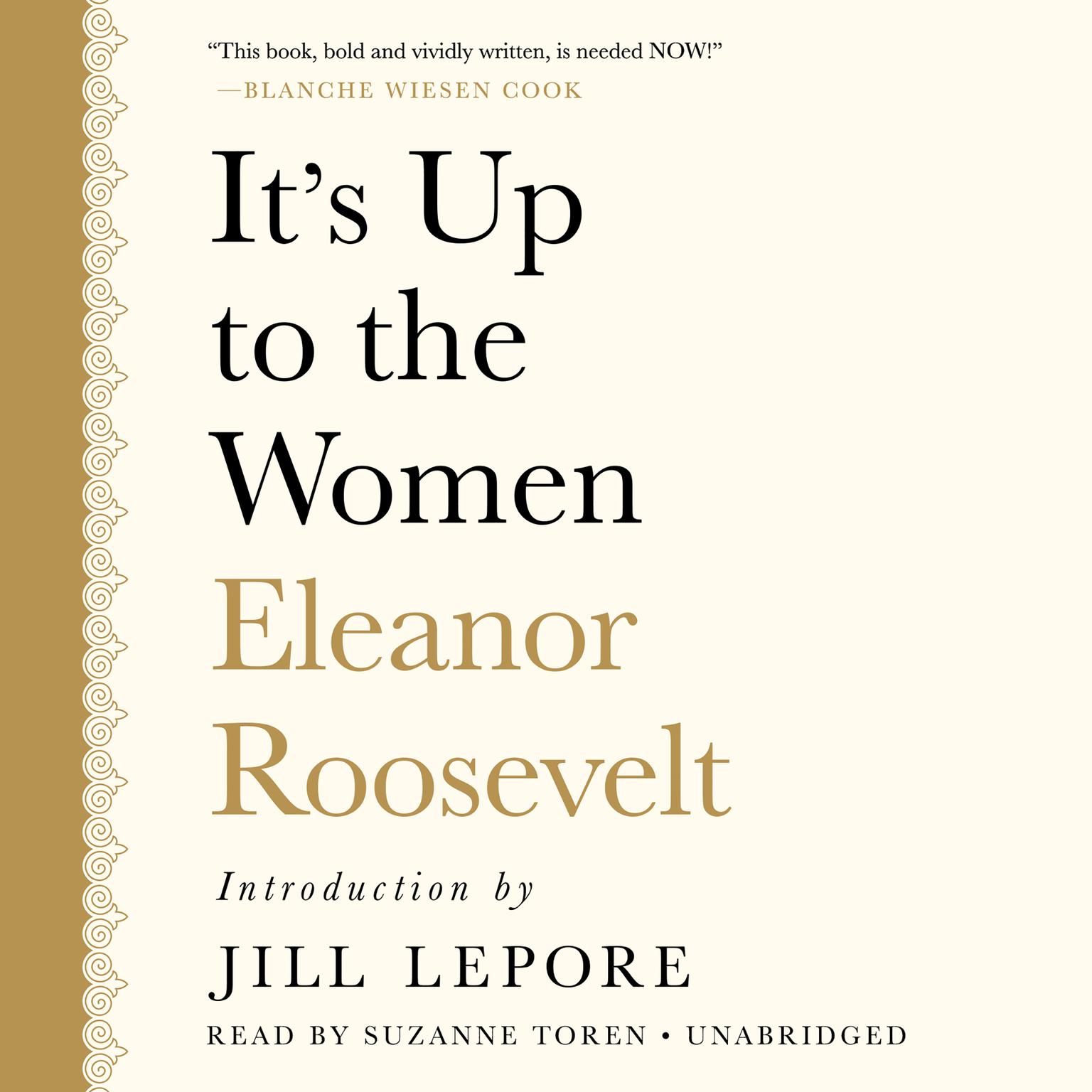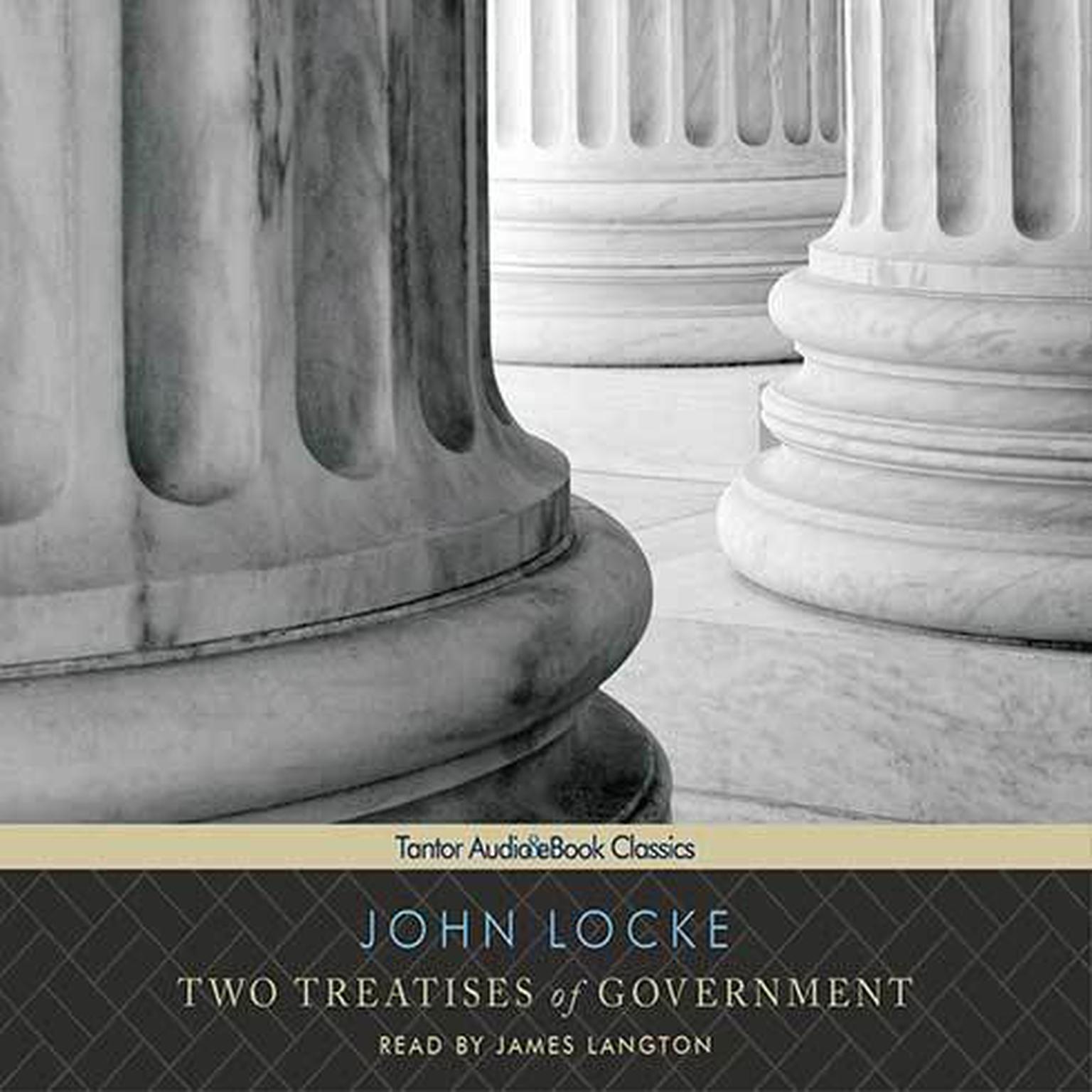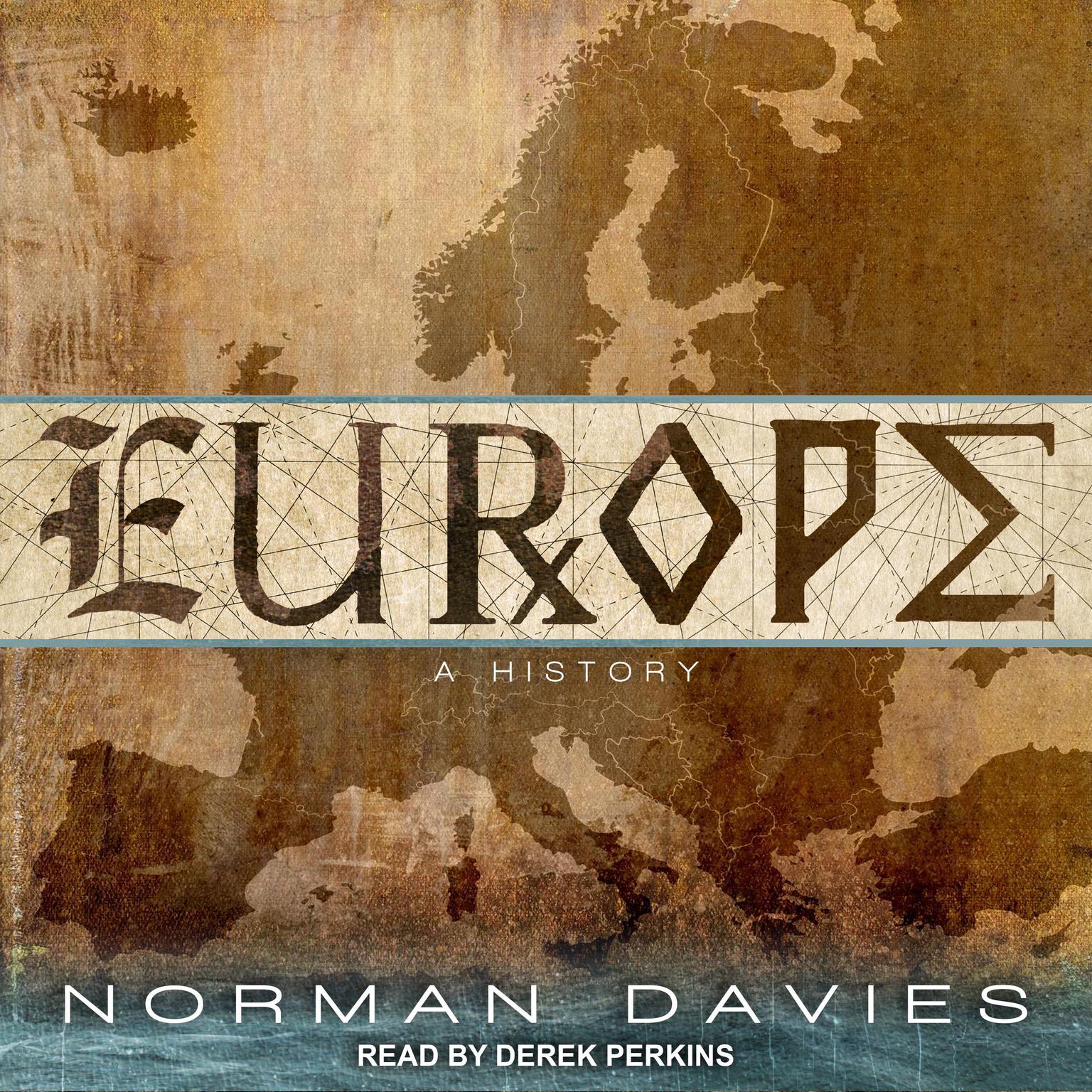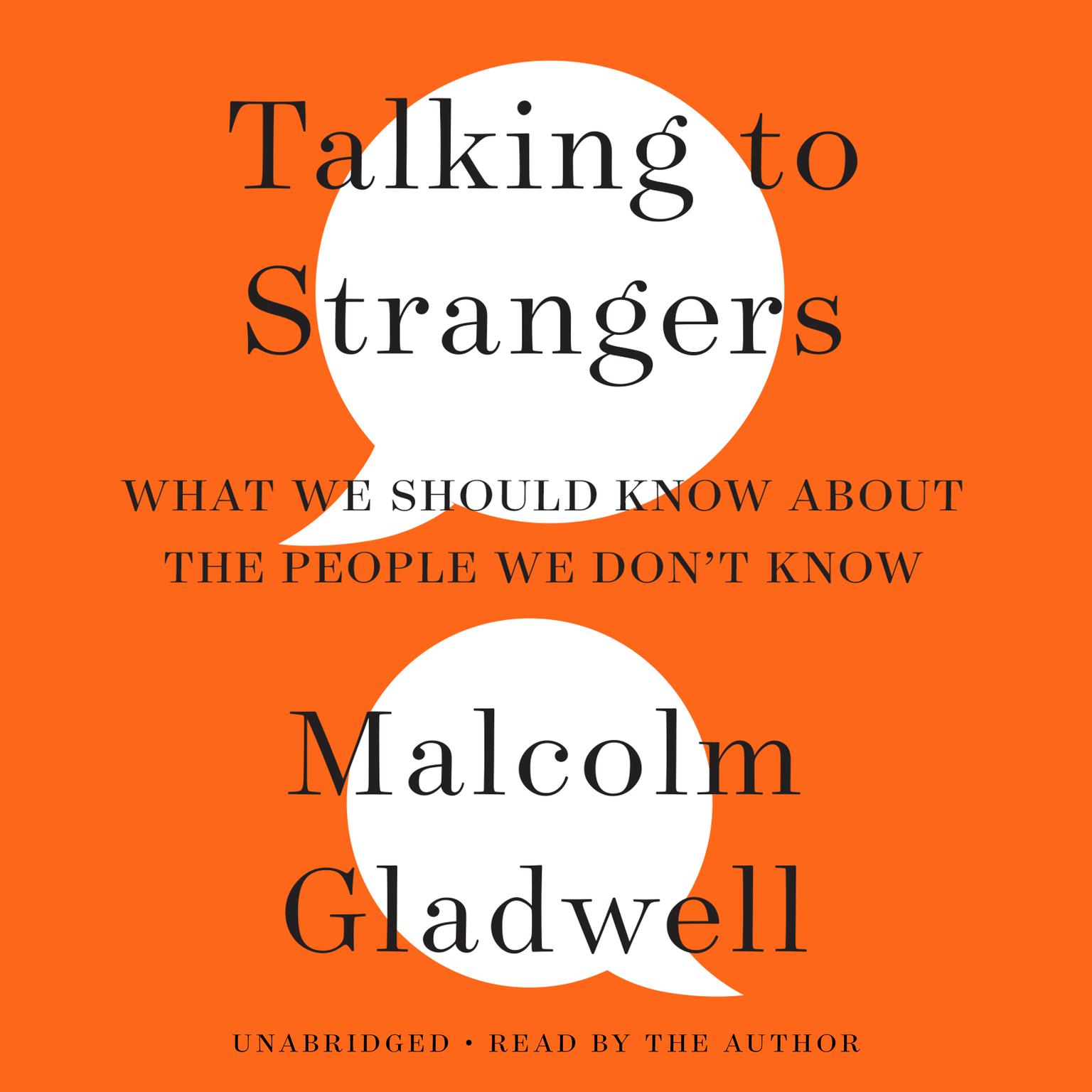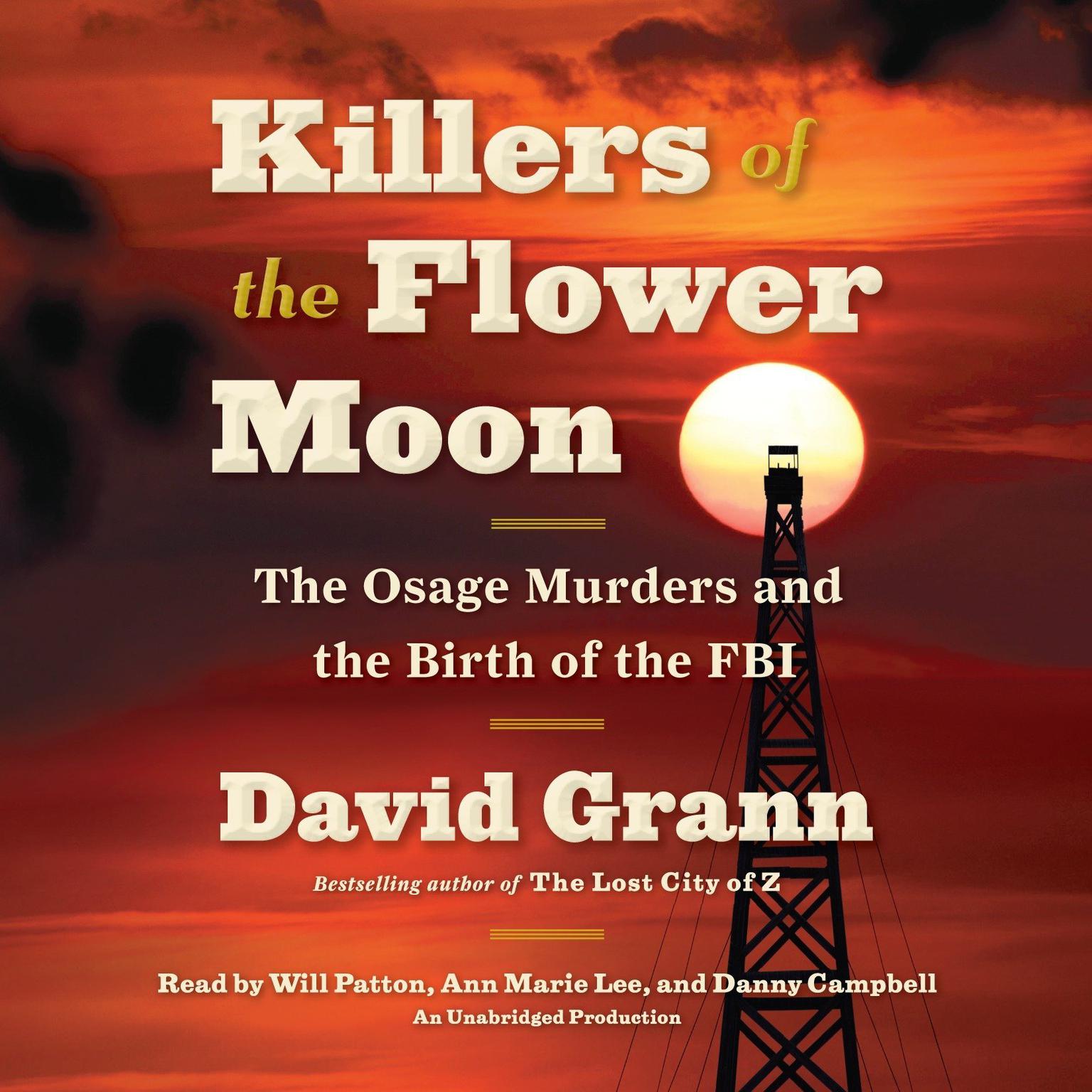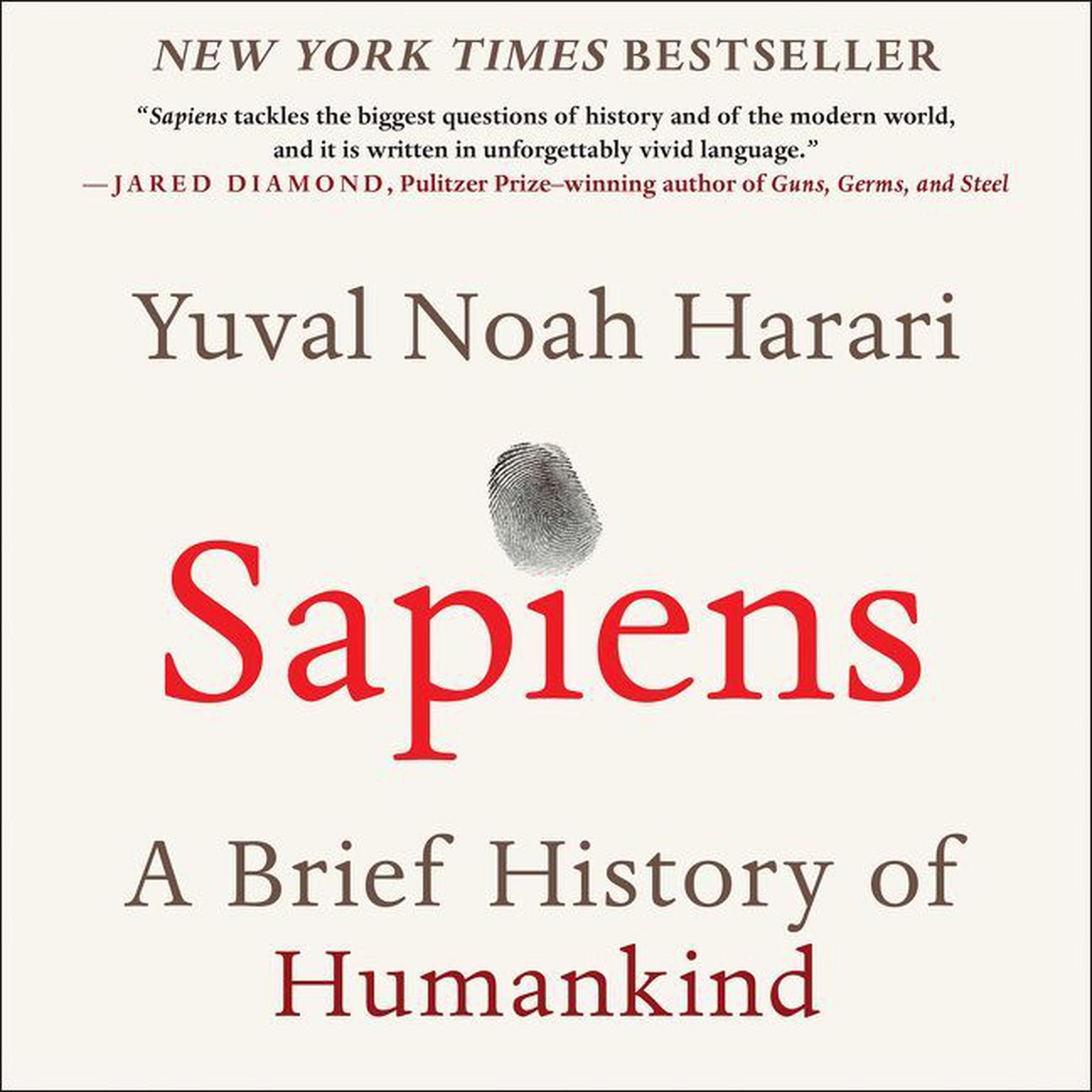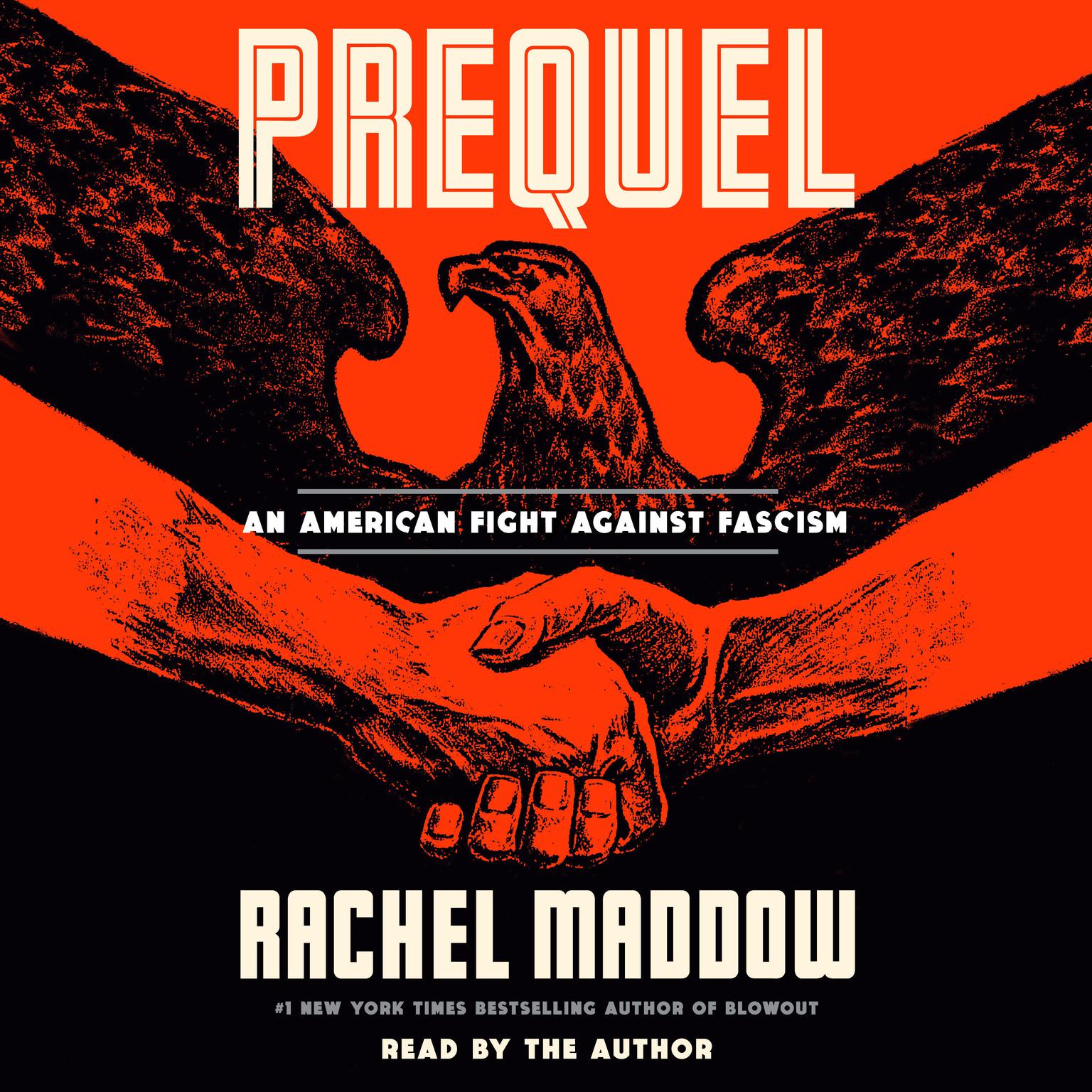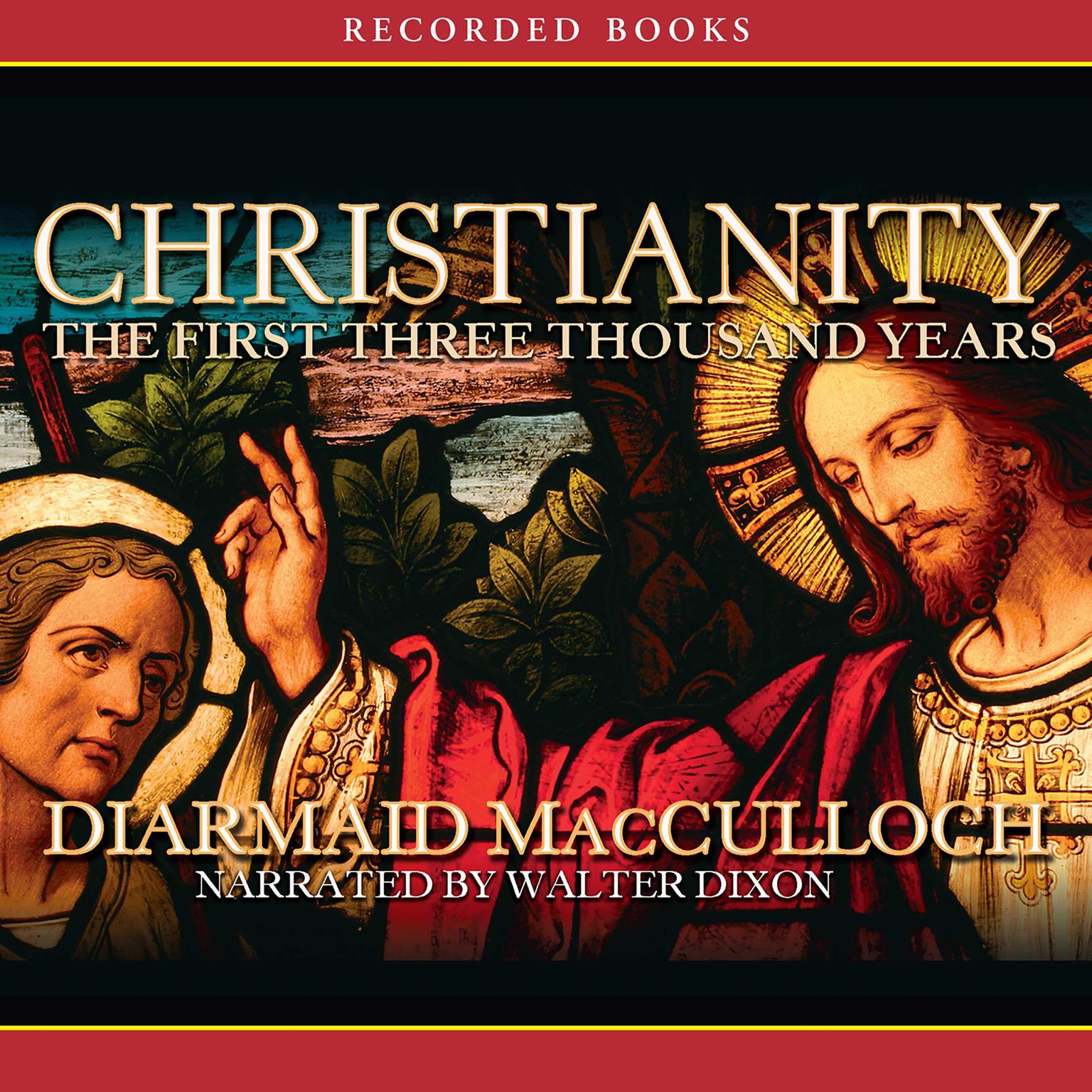Publisher Description
From Lincoln’s election to secession from the Union, this compelling history explains how South Carolina was swept into a cultural crisis at the heart of the Civil War.
“The tea has been thrown overboard — the revolution of 1860 has been initiated.” — Charleston Mercury, November 8, 1860
In 1860, Charleston, South Carolina, embodied the combustible spirit of the South. No city was more fervently attached to slavery, and no city was seen by the North as a greater threat to the bonds barely holding together the Union. And so, with Abraham Lincoln’s election looming, Charleston’s leaders faced a climactic decision: they could submit to abolition — or they could drive South Carolina out of the Union and hope that the rest of the South would follow.
In Madness Rules the Hour, Paul Starobin tells the story of how Charleston succumbed to a fever for war and charts the contagion’s relentless progress and bizarre turns. In doing so, he examines the wily propagandists, the ambitious politicians, the gentlemen merchants and their wives and daughters, the compliant pastors, and the white workingmen who waged a violent and exuberant revolution in the name of slavery and Southern independence. They devoured the Mercury, the incendiary newspaper run by a fanatical father and son; made holy the deceased John C. Calhoun; and adopted “Le Marseillaise” as a rebellious anthem. Madness Rules the Hour is a portrait of a culture in crisis and an insightful investigation into the folly that fractured the Union and started the Civil War.
Download and start listening now!
As the birthplace of disunion and the cradle of rebellion, the city of Charleston long claimed a perverse, myth-encrusted pride in launching a noble ‘revolution’ against ‘Northern aggression’and federal overreach. Starobin has exploded this magnolia-suffused legend by convincingly portraying Charleston as a cauldron of disloyalty, extremism, and vicious white supremacy. Boasting fresh research and riveting characters, this vivid account of the feverish run-up to the Civil War sets the record straight with panache. The book should take its place as the definitive account of the hysteria that nearly destroyed, but in the end transformed, the United States.
—
Harold Holzer, winner of the Lincoln Prize
